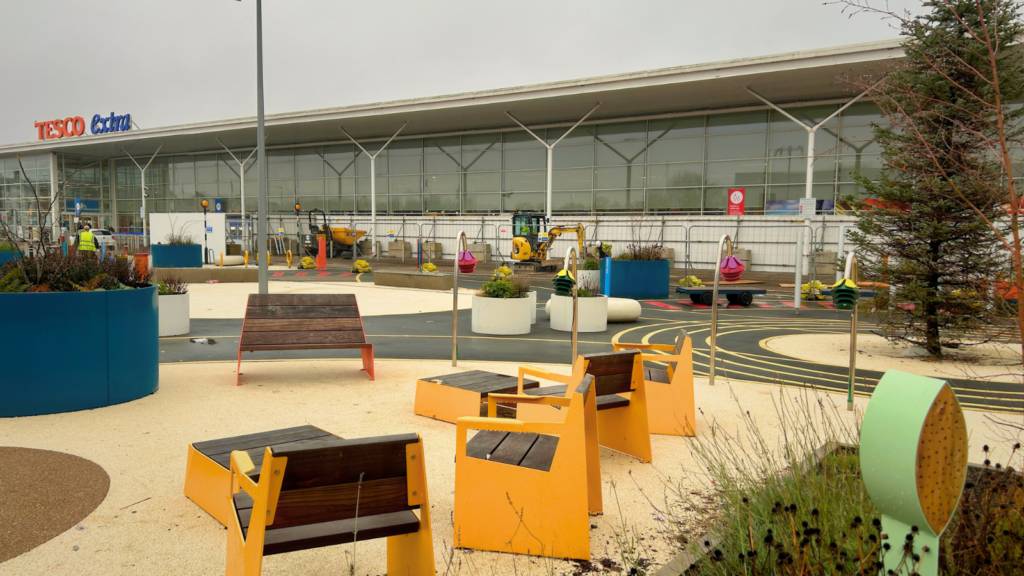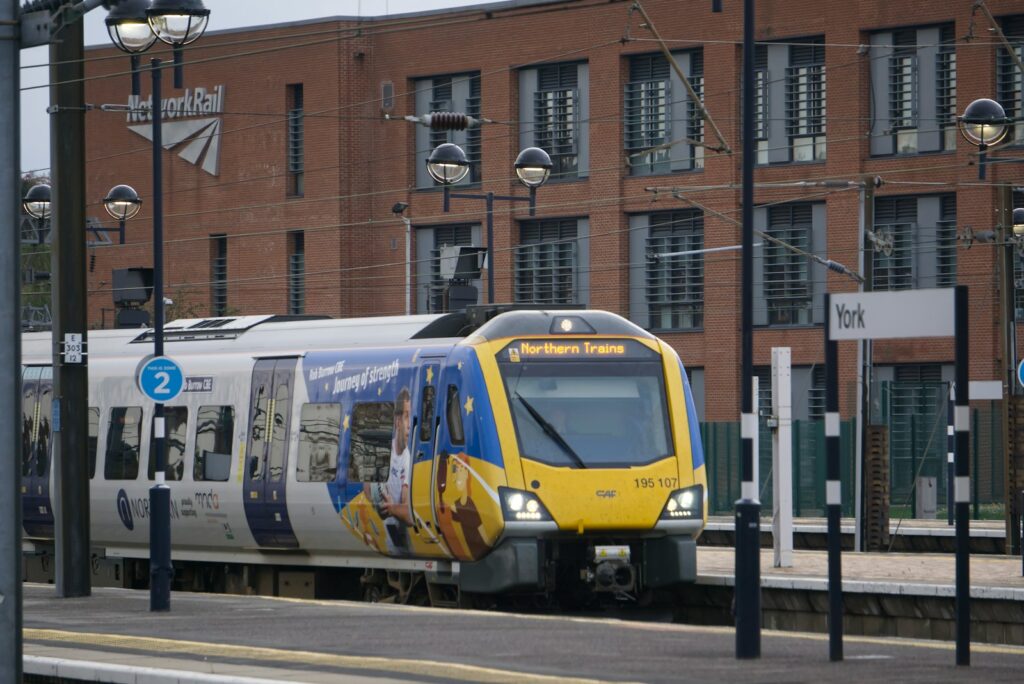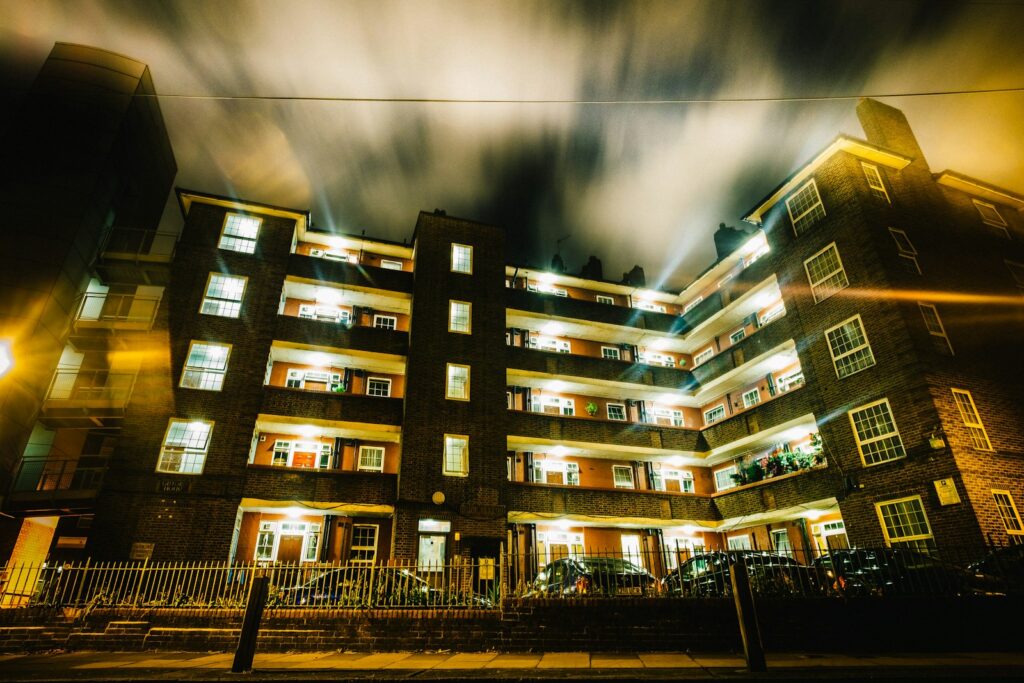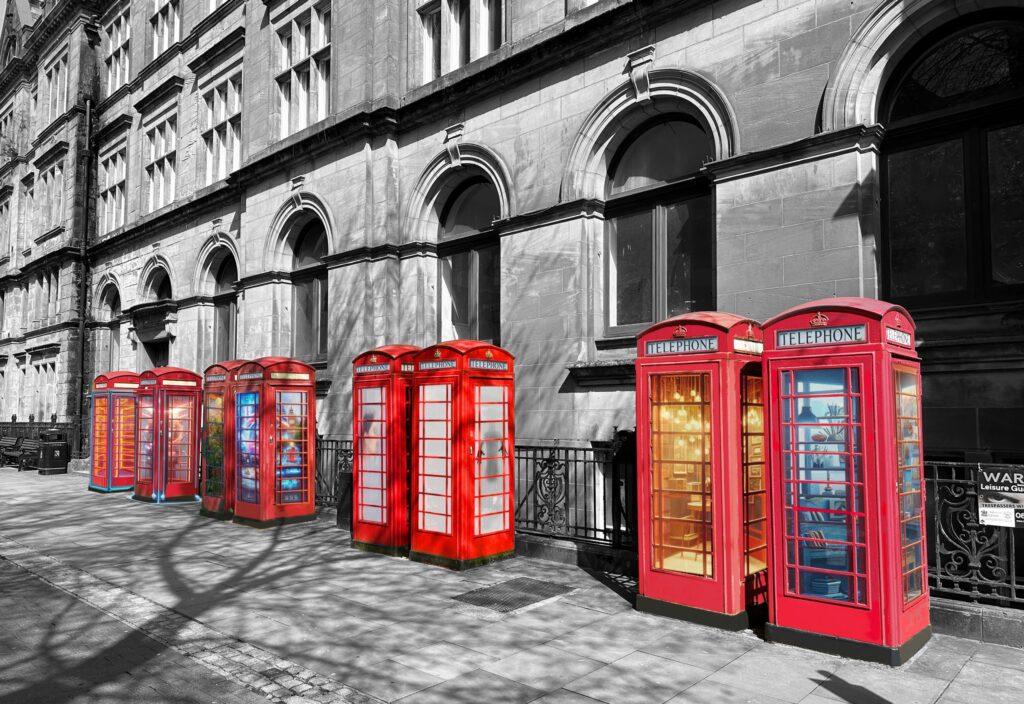Social enterprise can play a key role in reshaping ailing high streets, stepping into spaces where private businesses are no longer viable, writes Nicola Steuer, managing director of the School for Social Entrepreneurs.
One of the biggest challenges local authorities and businesses are facing together is how to respond to the ‘death of the high street’.
As the future of the Arcadia Group hangs in the balance, and household names, like Debenhams, collapse into administration, councils are taking over the management of shopping centres and the CBI is calling for an independent review of business rates in a bid to stem the woes of the off-line retail sector.
What’s clear is that bold and radical thinking is needed to create high streets and town centres that can respond to our increasingly digital lifestyles. Reshaping our high streets and commercial centres is going to need to consider everything from making environmentally sustainable places, to providing more homes and opportunities for people to work and socialise in a digital age.
Social enterprises and community businesses aren’t silver bullets for the high street, but they are uniquely placed to help fill the void left by the departure of traditional bricks and mortar retailers. Across the country there are examples of social entrepreneurs with big ideas making a difference in places where private business is no longer viable.
There’s everything from a community launderette that’s open for business, offering much more than a place to wash your clothes; people powered pubs are serving as community hubs and shops as well a place to have a drink and a chat with your neighbours; and large empty retail units are being reimagined as spaces for start-ups to grow. Social enterprises and community businesses not only provide goods and services people want, but they also reinvest in local people, places and the environment.
As councils and businesses consider the future of their local high streets and town centres; how to invest in them and what civic support to offer, social entrepreneurs have much to contribute to these conversations. They uniquely straddle the worlds of commerce, charity and regeneration.
Their experience of working in challenging business environments, engaging often difficult to reach groups and collaborating with partners to create successful businesses should be called upon.
And social enterprise is more than a ‘nice thing’ to have, it is also a way to boost the economic impact of grant funding. At a time when budgets are limited, any spend of public money needs to be able to demonstrate it’s made a difference.
The School for Social Entrepreneurs, with partners including Power to Change and The Rank Foundation, has been using a new form of grant funding, called Match Trading™, to help social enterprises and community businesses increase the income they generate through trading, helping them to become less reliant on traditional grant funding, by incentivising growth.
For every additional pound an entrepreneur earns, they are rewarded with a pound match (up to an agreed cap) and they’re supported to do this with a learning programme.
In trial programmes entrepreneurs involved in Match Trading reported a typical increase of 92% in income from trading, from £42,000 to £81,000, comparing median income from trading by year.
When a social enterprise does well, it reinvests back into the community that it serves – whether that’s by providing more skills training, employing more people from disadvantaged backgrounds, or helping more people stay healthy and active. It not only grows itself, but it spreads success.
Whilst Match Trading isn’t about eliminating the need for funding entirely, it does make investments work harder, focussing organisations on growth rather than creating a cycle of grant dependency.
Social entrepreneurs measure success both through the impact they have, as well as the profit they turn. Supporting businesses that put people at the centre; now that would be a thing to consider as we shape places for the future.
Learn more about the School of Social Entrepreneurs here

















Leave a Reply